Trump Envisions Iran Nuclear Deal Allowing U.S. to Destroy Infrastructure Without Casualties
President Trump outlined a proposed Iran nuclear deal allowing U.S. inspectors to destroy nuclear infrastructure without casualties, sparking potential tensions with Tehran.
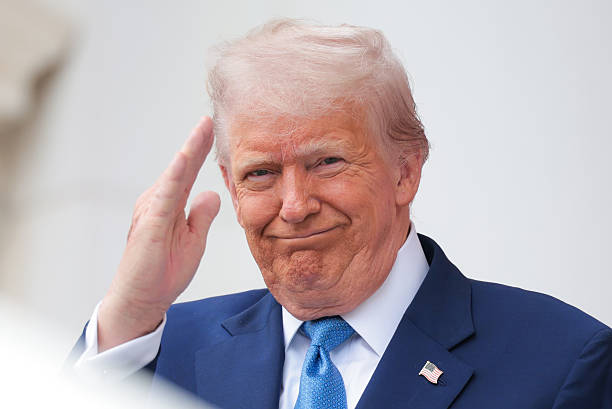 ARLINGTON, VIRGINIA - MAY 26: U.S. President Donald Trump speaks during the Memorial Day wreath-laying ceremony at the Memorial Amphitheater in Arlington National Cemetery on May 26, 2025 in Arlington, Virginia. Memorial Day is observed on the last Monday in May each year to honor and mourn U.S. military personnel who died while serving in the United States Armed Forces. (Photo by Kayla Bartkowski/Getty Images)
ARLINGTON, VIRGINIA - MAY 26: U.S. President Donald Trump speaks during the Memorial Day wreath-laying ceremony at the Memorial Amphitheater in Arlington National Cemetery on May 26, 2025 in Arlington, Virginia. Memorial Day is observed on the last Monday in May each year to honor and mourn U.S. military personnel who died while serving in the United States Armed Forces. (Photo by Kayla Bartkowski/Getty Images)President Donald Trump on Wednesday outlined a vision for a nuclear deal with Iran that would allow the United States to destroy nuclear-related infrastructure in the country, including laboratories, without causing casualties. Speaking at the White House, Trump said he imagined a "very strong" agreement under which inspectors could "take whatever we want" and "blow up whatever we want," emphasizing that such actions would occur without “anybody getting killed.”
Trump expressed optimism about reaching a deal with Tehran, stating that negotiations had made “a lot of progress” and suggesting an agreement could be finalized within “the next couple of weeks.” However, his comments on potentially dismantling or destroying Iranian nuclear facilities underscore a key point of contention: whether Iran should be allowed to produce its own enriched uranium.
It remains unclear whether U.S. negotiators have formally presented the demand for destruction capabilities to their Iranian counterparts during ongoing talks.
The President's remarks came in response to questions regarding reports that Israel has revived plans to attack Iran. Trump said he advised Israeli Prime Minister Benjamin Netanyahu against pursuing that course, warning it could jeopardize diplomatic efforts between the U.S. and Iran.
As an alternative, Trump proposed that any agreement include provisions allowing the U.S. to destroy infrastructure related to a weapons program if necessary. “We can blow up a lab, but nobody’s going to be in the lab, as opposed to everybody being in the lab and blowing it up, right?” he said.
Iranian officials have not yet responded publicly to Trump's comments.
The proposal resembles a post-war inspections regime, similar to the one imposed on Iraq after the 1991 Gulf War, where UN inspectors were permitted to destroy weapons-related infrastructure.
Iran maintains that its nuclear program is intended solely for peaceful purposes and that uranium enrichment is essential for its civilian nuclear energy sector. Iranian leaders have consistently warned against military threats from the United States.
Earlier on Wednesday, Iranian officials signaled a potential shift in policy by indicating they may consider allowing American nationals to join International Atomic Energy Agency inspection teams under a future agreement with the U.S. This would mark a departure from their past practice of excluding U.S. inspectors.
Trump’s suggestion that the U.S. retain the right to destroy nuclear infrastructure might cause Iranian officials to reconsider the potential concession regarding American inspectors.
Despite the evident gap in expectations between the two sides, Trump remained upbeat about the prospects of a deal. He credited his special envoy, Steve Witkoff, with progress in negotiations. “They still have to agree to the final stages of a document, but I think you could be very well surprised what happens there, and it would be a great thing for them,” Trump said. “They could have a great country into the future.”
Following talks in Rome on Friday, Iranian Foreign Minister and lead negotiator Abbas Araghchi echoed cautious optimism, noting that the discussions could result in progress toward an agreement over the next couple of meetings.



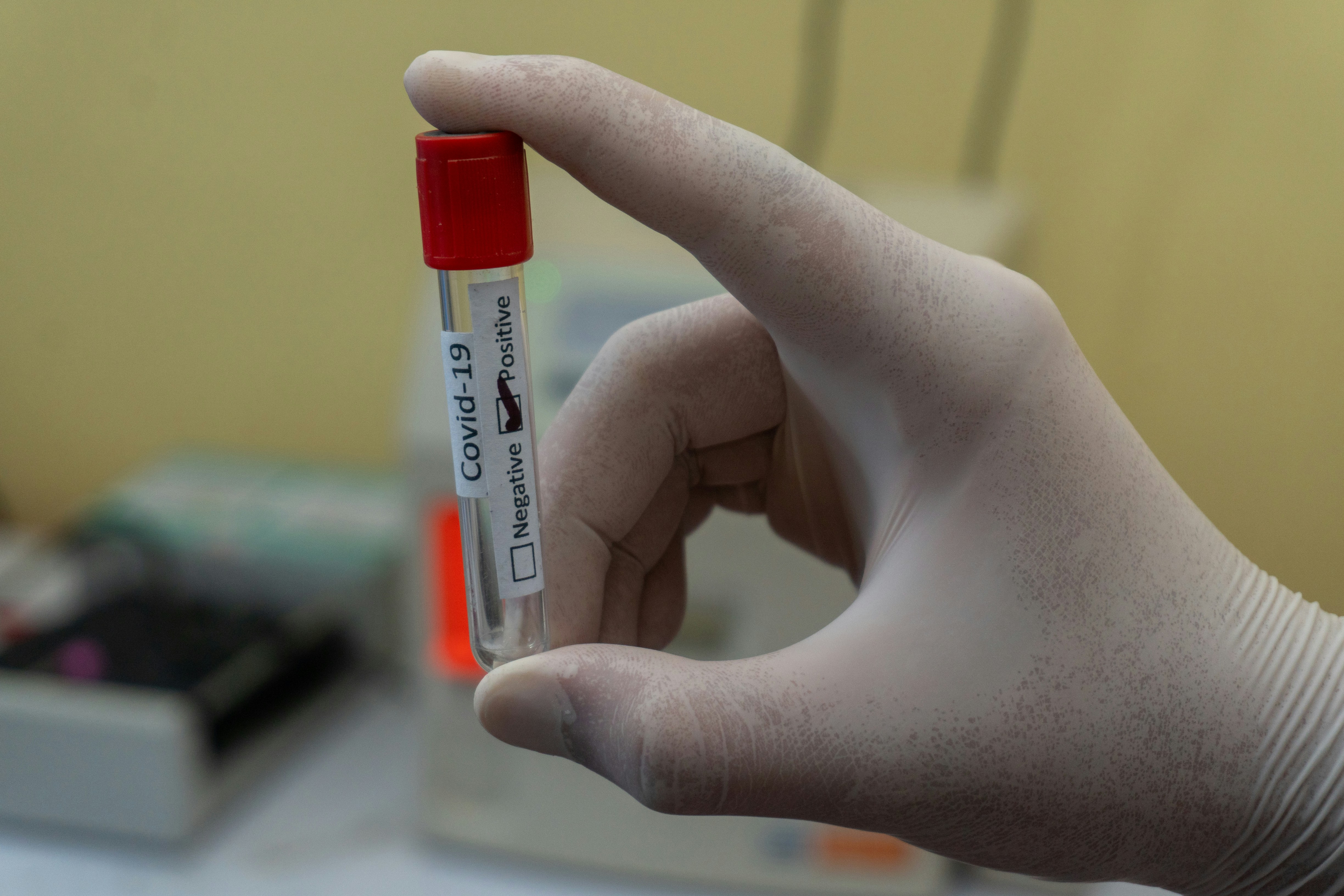
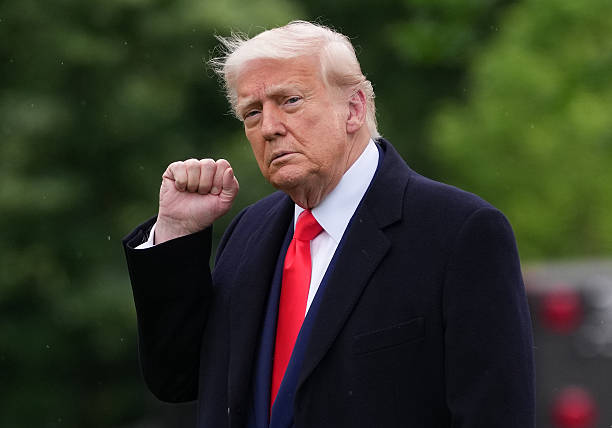
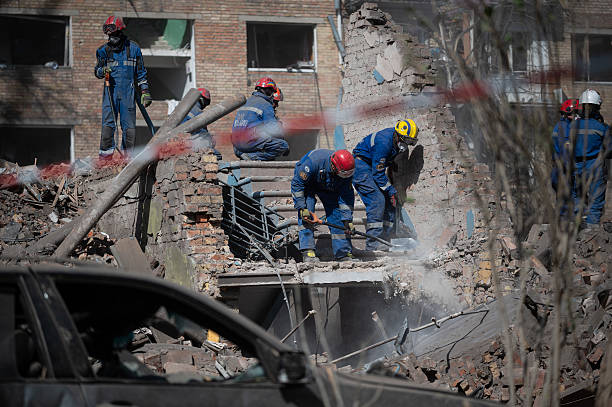
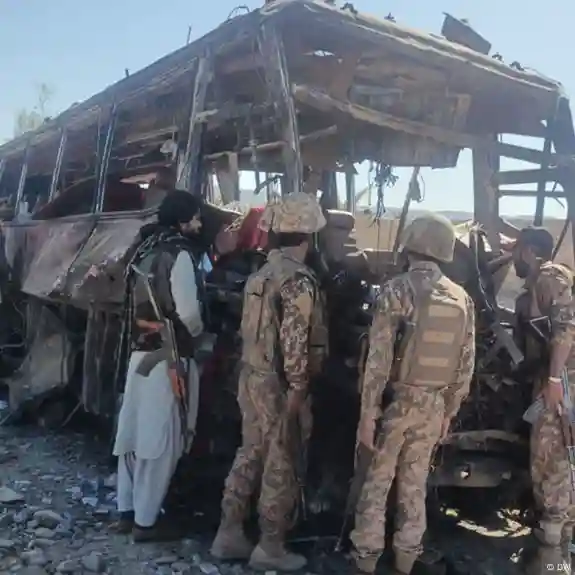
Conversation